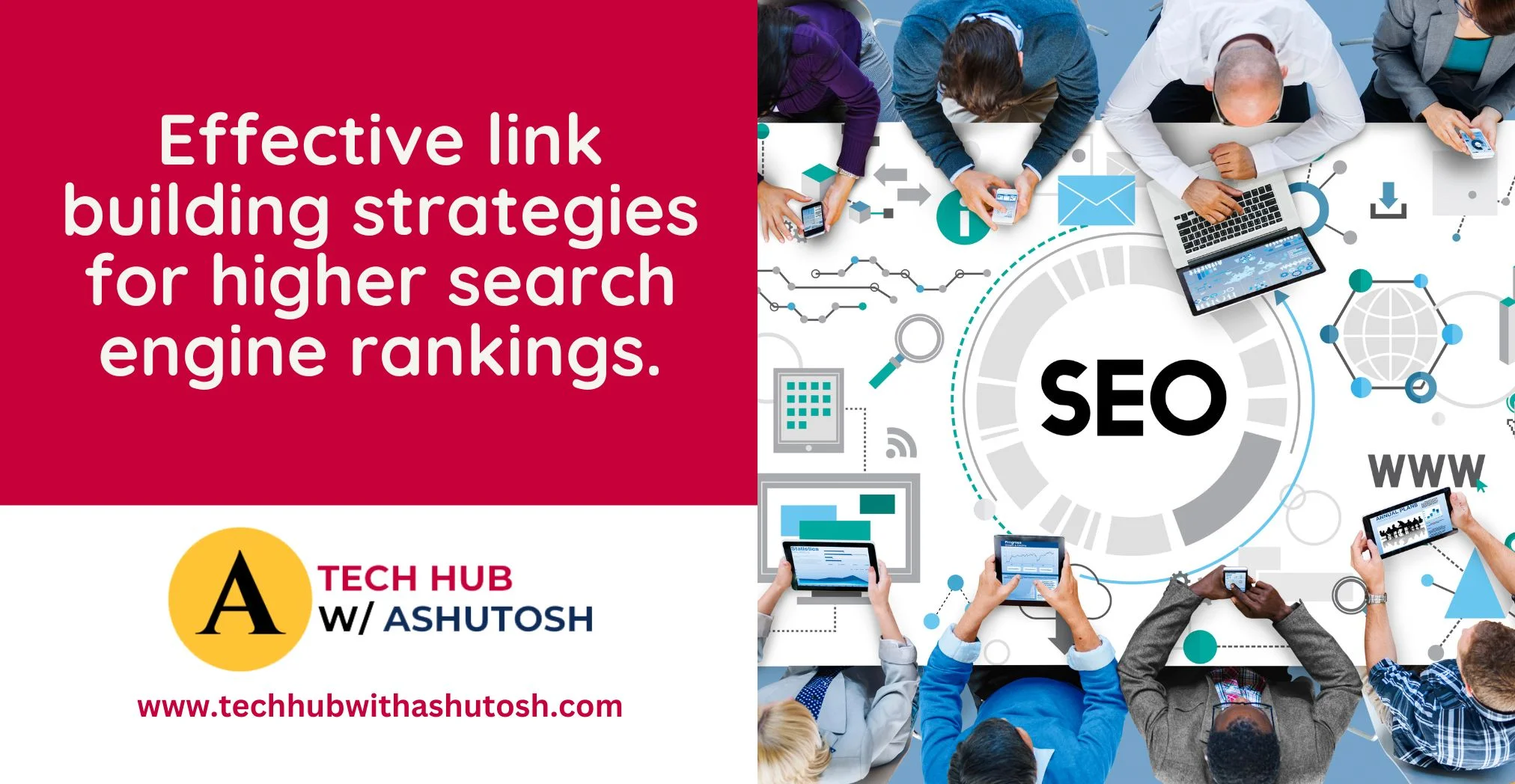Artificial intelligence (AI) is rapidly evolving, and this will cause significant change in the healthcare industry. AI is becoming more and more prevalent in a variety of industries, and its application to healthcare has changed the game. AI and healthcare together offer a bright future that will completely transform how we approach patient care, diagnosis, and treatment.
Explore the revolutionary field of healthcare while we reveal the significant effects of artificial intelligence. Through this investigation, we reveal the immense potential artificial intelligence possesses to transform patient care, diagnostics, and medical research. Come along on a voyage into the future, where technology and creativity come together to completely change the healthcare industry and present previously unheard-of possibilities for better results and overall well being. Artificial intelligence is playing a major role in the healthcare industry of the future.
AI-powered diagnosis and precision medicine
AI’s potential to improve diagnosis is one of its most notable effects in the medical field. A subset of artificial intelligence called machine learning algorithms examines enormous volumes of medical data to find trends and abnormalities that allow for the early diagnosis of diseases. When these algorithms receive data from many sources, such as genetic information, imaging, and medical records, the accuracy of their diagnoses can be vastly increased sometimes even before symptoms show up.
Furthermore, AI helps to advance precision medicine. Medical practitioners can customize therapy for each patient based on their genetic composition, way of life, and certain health markers by utilizing AI algorithms. By lowering side effects and improving patient outcomes, this individualized strategy increases treatment efficacy.
Remote monitoring and telehealth advancements
Proactive and preventive healthcare has been made possible by the use of AI in remote patient monitoring systems. To provide real-time insights into a person’s health, wearable technology and sensors with AI algorithms built in can continuously gather and evaluate patient data. Regular in-person check-ups are no longer necessary because this technology allows for the early diagnosis of problems, prompt intervention, and reduced risk.
The accessibility of healthcare has also been transformed by AI-powered telemedicine systems. Healthcare practitioners are now able to provide patients with remote medical advice, consultations, and treatment. Through effective patient triage, quicker reaction times for critical situations, and resource optimization for healthcare, AI algorithms further expedite this process.
Challenges and ethical considerations
Despite all of the advantages AI offers the healthcare industry, there are moral and legal issues that must be carefully taken into account. It is still imperative that patient data privacy be protected, AI algorithms be transparent, and systemic biases be reduced. To properly utilize AI, it is essential to strike a balance between innovation and moral issues.
It’s not easy to navigate the exciting world of artificial intelligence in healthcare. Significant obstacles include the necessity for strong legislation, data security, and ethical considerations. Careful consideration is needed to avoid biased algorithms and interoperability problems across various healthcare systems. Furthermore, adjustments must be made in order to incorporate AI into current workflows, and effectively informing patients and healthcare providers about AI-generated insights continues to be a crucial difficulty. Unlocking AI’s full promise in healthcare while guaranteeing its responsible and fair deployment depends on addressing these difficulties.
Looking ahead: The continued evolution of AI in healthcare
AI in healthcare seems to have a bright future. Medical practitioners’ capacities will be further enhanced by advancements in robots, natural language processing, and AI-driven decision-making technologies. AI has countless uses in healthcare, from aiding in operations to speeding up the development of new drugs.
The partnership between AI and medical experts will transform patient care as technology develops, resulting in more precise diagnoses, tailored therapies, and eventually better health outcomes.
Conclusion :
Artificial intelligence and healthcare together provide a future in which technology will support human knowledge and create a more accurate, patient-centered, and effective healthcare system.
Artificial intelligence has a bright but complicated future in the healthcare industry. Overcoming obstacles like moral conundrums, data security, and system interoperability is essential as we work to realize its promise. Unquestionably, AI is revolutionizing patient care and medical research, but prudent implementation and cautious thought are necessary before implementing it. Innovation in healthcare will be facilitated by ethical norms upholding and human knowledge working together to develop more accessible, efficient, and egalitarian healthcare in the future.




